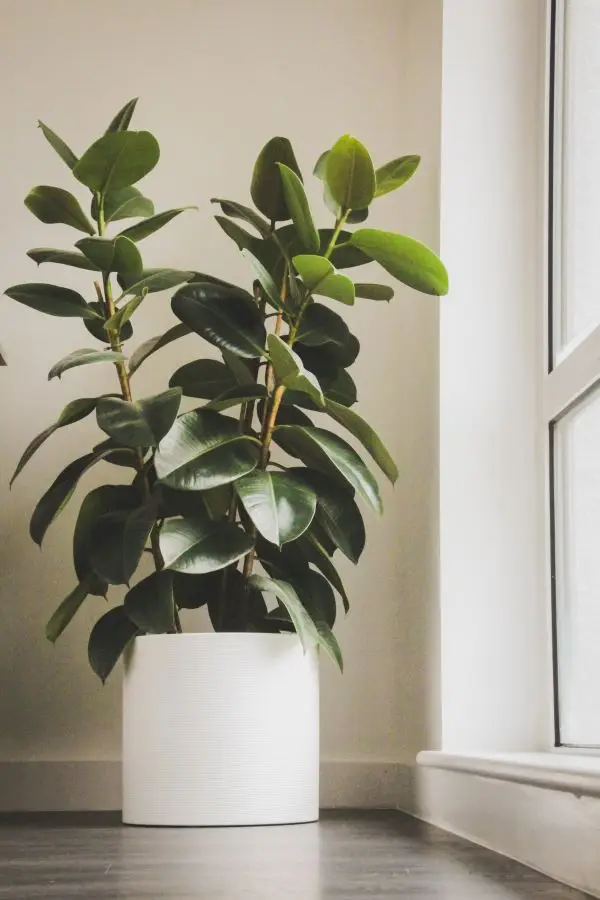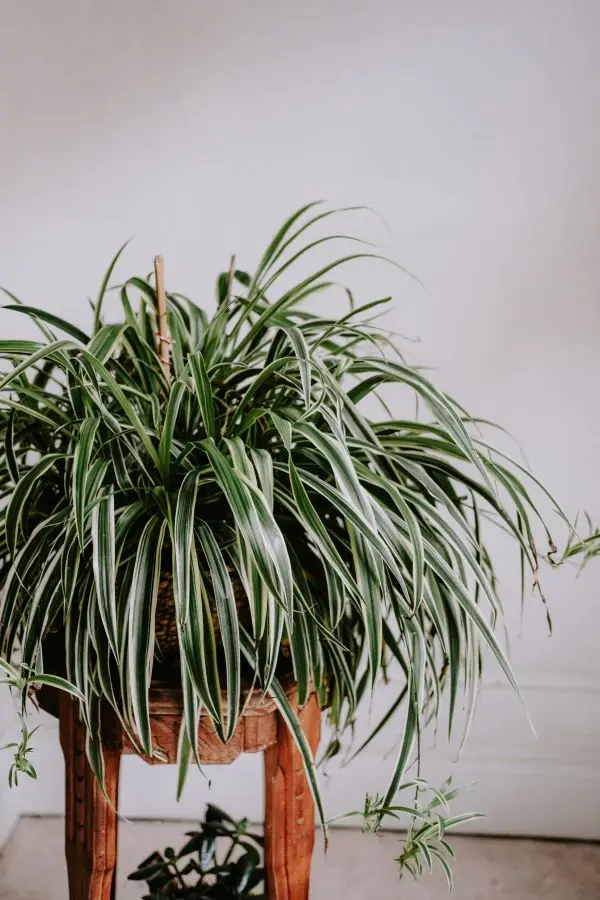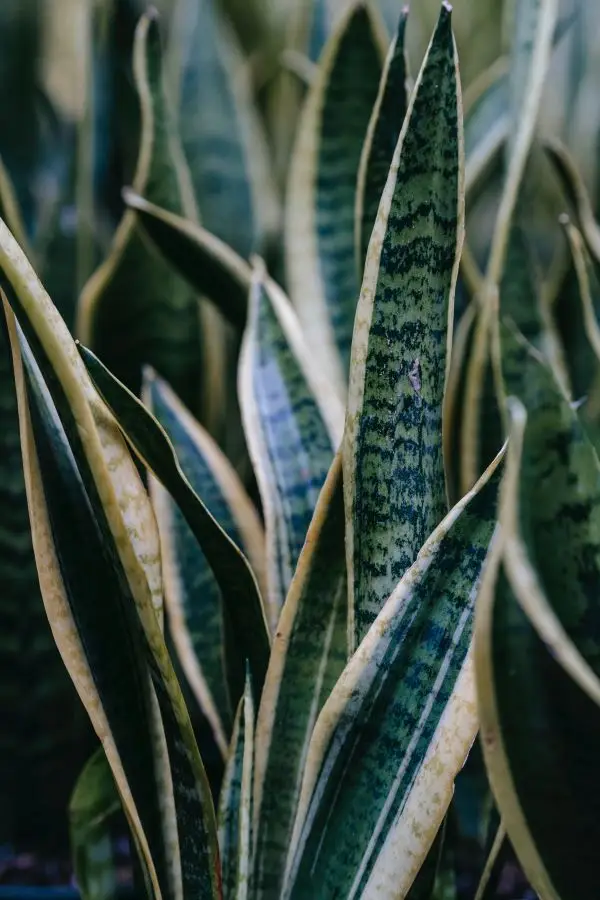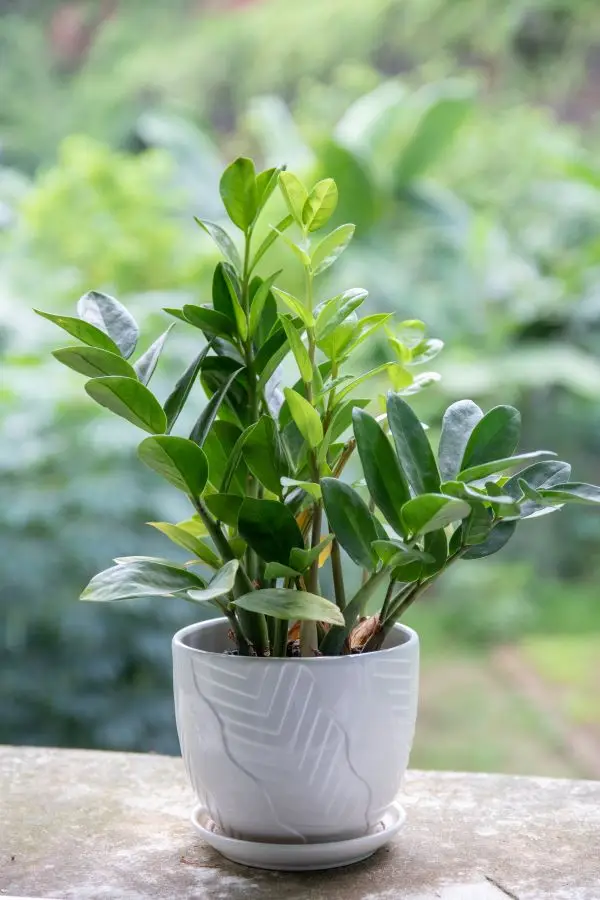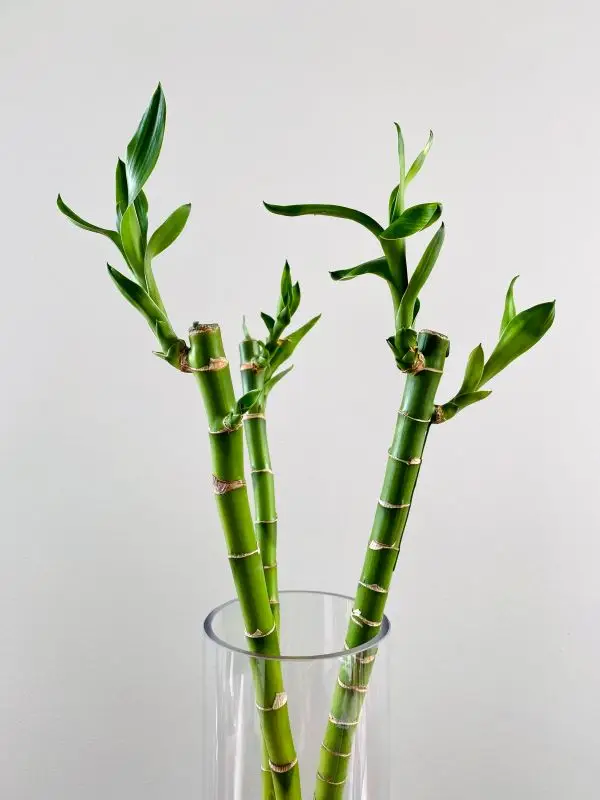The Rubber Plant (Ficus elastica): An Ultimate Care Guide, Benefits, and Fascinating Facts
The lush, glossy leaves of the rubber plant, scientifically known as Ficus elastica, have made it a staple in homes and offices around the world. Native to Southeast Asia, this magnificent plant not only stands out aesthetically but also boasts numerous health benefits.
Historical Background of the Rubber Plant
Explore deep into the jungles of Southeast Asia, and you’ll find where the story of the rubber plant began. As its global appeal grew, it transitioned from these exotic forests to our living rooms, becoming one of the most sought-after houseplants.
Characteristics of the Rubber Plant
Distinguishable by its bold, broad leaves, the Ficus elastica stands tall and proud. Its leaves, ranging from a deep green to almost burgundy, give it an almost royal appearance. While many are familiar with the standard variety, there are several other varieties of Ficus elastica, each bringing its unique charm.
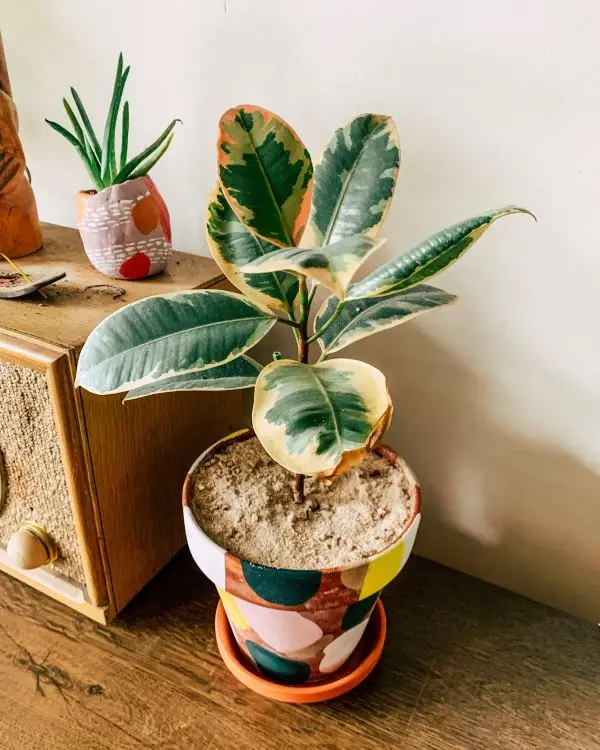
Health Benefits and Environmental Impact
Ever wondered about the benefits of having a rubber plant in your living space? Well, wonder no more:
Air purification
Rubber plants are known for their remarkable indoor air purification properties. They play a significant role in reducing indoor pollutants, especially formaldehyde.
Boosting Humidity
Another advantage is its ability to increase indoor humidity, making your living spaces feel more comfortable, especially in dry climates.
Rubber Plant Care Guide
Growing a rubber plant? Here’s your ultimate care guide:
Light Requirements
This plant prefers bright, indirect sunlight, which ensures its leaves remain vibrant. Avoid placing it in direct sunlight; a spot near a window with sheer curtains is ideal.
Watering
Water moderately, ensuring the soil remains moist but not soggy. Signs of over-watering include yellowing leaves, while under-watering might cause the leaves to droop.
Soil and Potting
A well-draining soil mix is crucial for the rubber plant. When it comes to repotting, spring is the best time, especially when the plant outgrows its current pot.
Temperature and Humidity
Maintain an ideal temperature range of 60-75°F. A humid environment is preferable; consider misting the plant or placing it on a tray filled with pebbles and water.
Pruning and Propagation
To encourage bushier growth, prune during the growing season. Interested in rubber plant propagation? Use stem cuttings and root them in water or soil.
Pest and Disease Management
Watch out for pests like spider mites and mealybugs. Regularly inspecting your plant and wiping the leaves can help prevent these pests.
Decorating with Rubber Plants
The rubber plant’s aesthetic appeal is undeniable. Whether you’re aiming for a minimalistic or boho vibe, it fits right in. Placing it in a corner or pairing it with other houseplants can enhance its beauty.
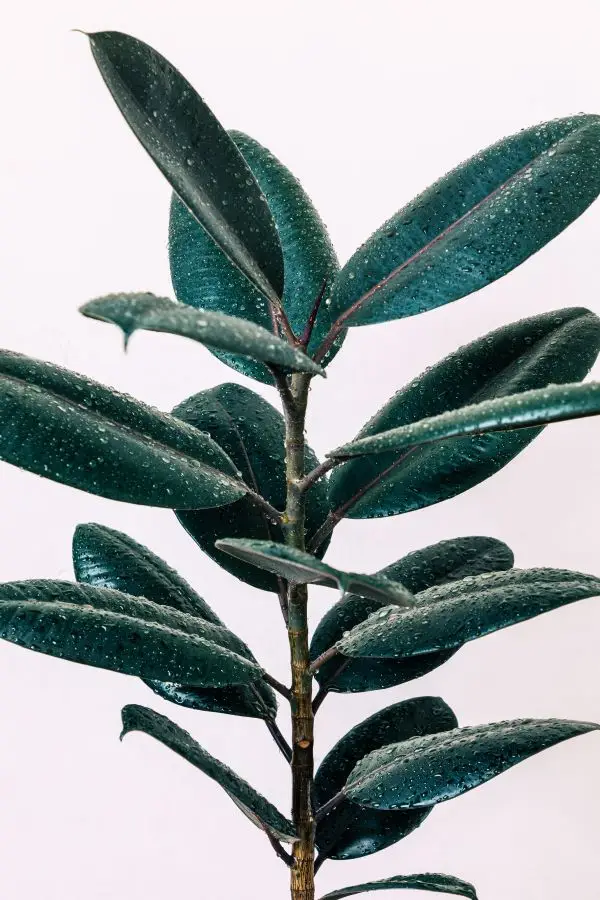
Fun and Fascinating Facts
- The sap of the rubber plant was once used for various purposes, although not for commercial rubber production.
- In many cultures, it holds significant symbolic meaning, often associated with prosperity and good fortune.
Common Misconceptions and FAQs
Myth: Rubber plants produce the commercial rubber we use.
Fact: While they were once used in early rubber-making processes, the majority of commercial rubber today comes from the rubber tree, Hevea brasiliensis.
FAQ
How often should I fertilize my rubber plant?
Answer: During the growing season, fertilize every month. In dormant periods (winter), avoid fertilizing.
Understanding the Ficus elastica’s care needs and its benefits can lead to a fulfilling houseplant experience. Not only do they beautify your space, but they also purify the air and bring a piece of the wild indoors.
Remember, the key to a thriving rubber plant is love and care. So, as you embark on your Ficus elastica journey, let your plant know you’re there for it, and it’ll surely reciprocate with lush, green growth.
Interested in house plants, have a look at these:
Check out my other posts:
Check out my other websites:
For woodworking enthusiasts – JLH-Rentals.com
Interested in travel to Europe – GramAndPapTravel.com
